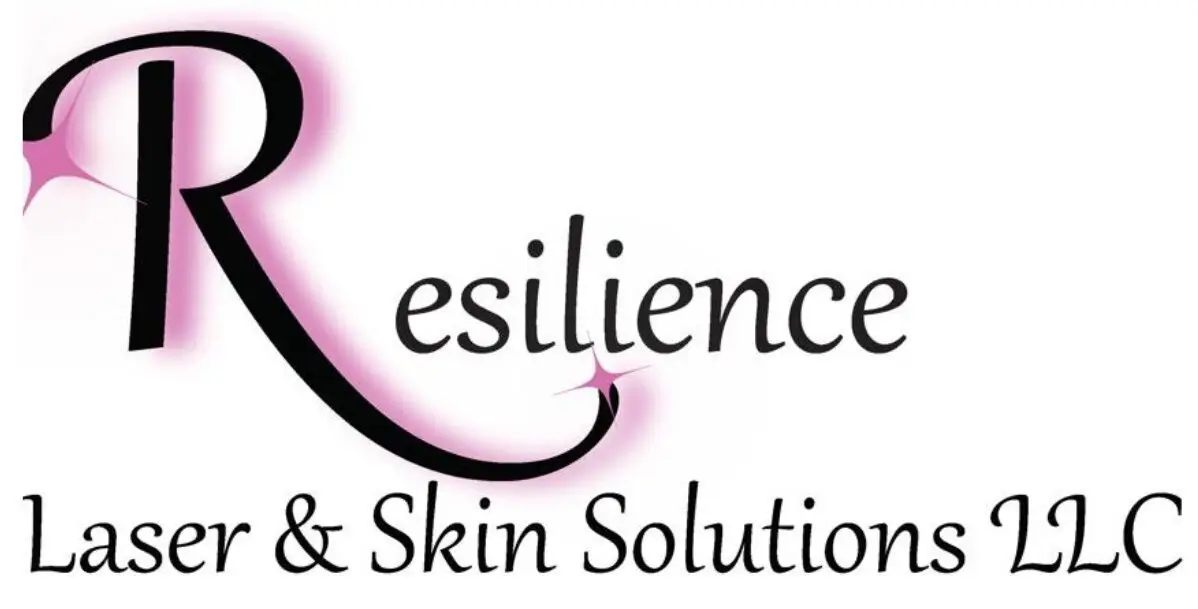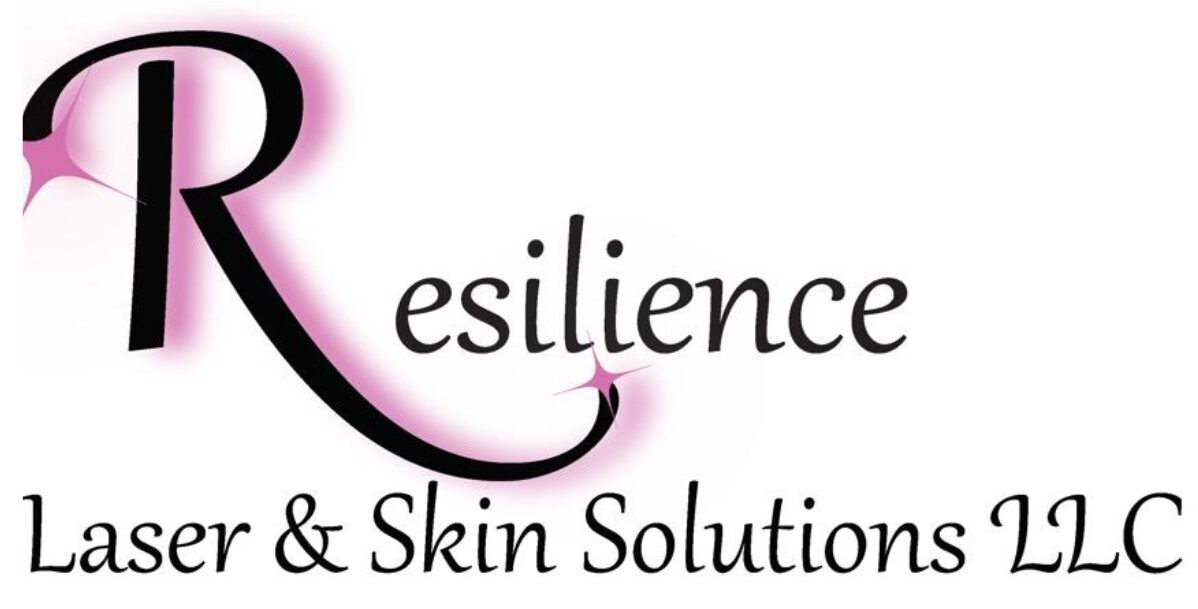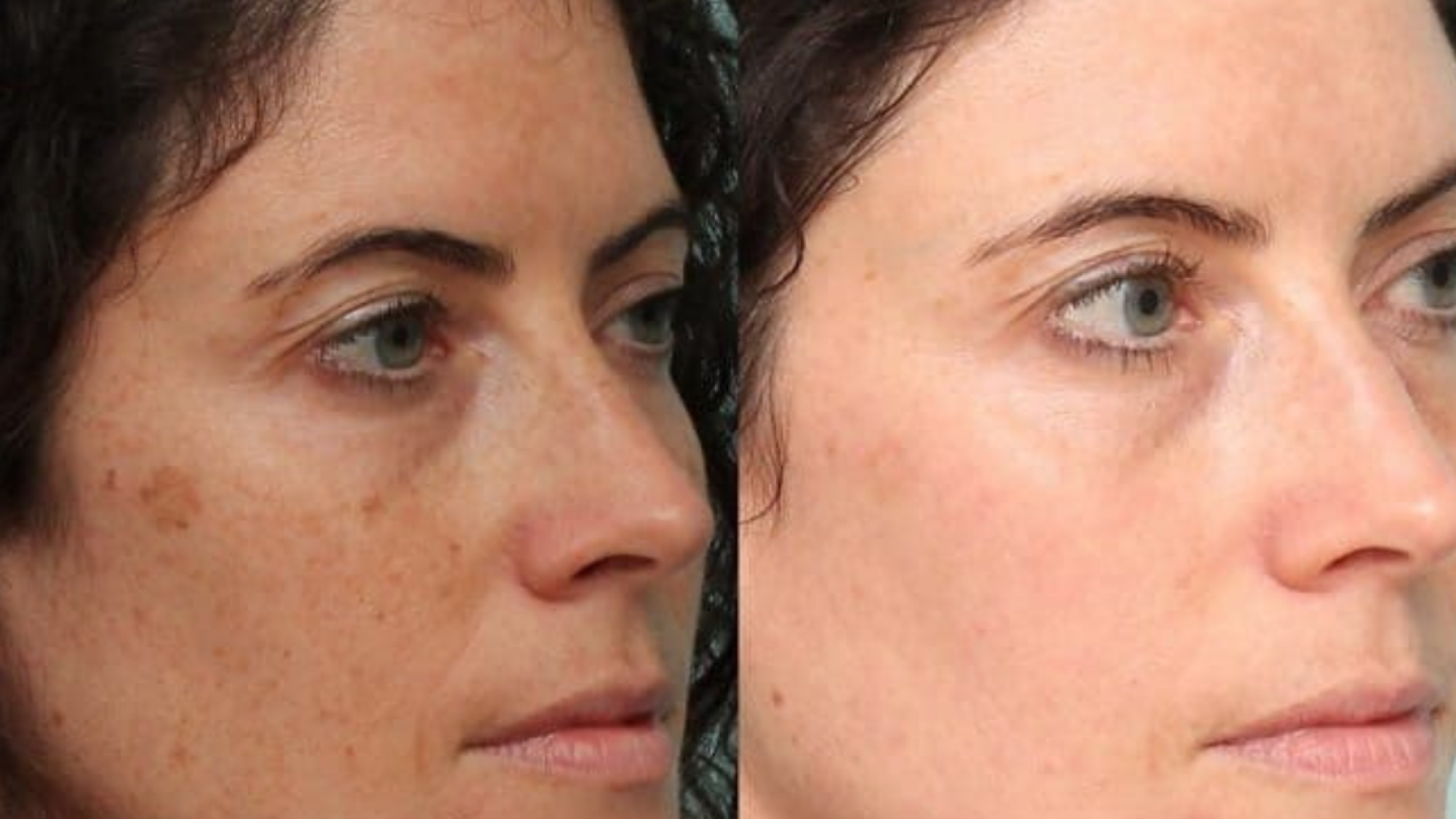Dark spots on the face can make anyone feel less confident. Creams, scrubs, and home remedies sometimes help, but they often don’t erase deep or stubborn spots. That’s where advanced treatments step in. If you are searching for a dark spot remover for face laser, this guide will walk you through everything you need to know. We’ll start with the facts, then shift into a friendly conversation about what it’s really like to go through laser treatment.
What Are Dark Spots and Why Do They Appear?
Dark spots, also called pigmentation, happen when some areas of your skin make more melanin than others. Melanin is the pigment that gives skin its color. Too much melanin in one spot creates patches that look darker than the rest of your face.
Common causes include:
- Sun exposure
- Aging
- Hormonal changes (like pregnancy)
- Acne scars or injury
- Certain medicines
While creams and serums may lighten them over time, they often can’t reach deep pigment that has settled under the skin. That’s why lasers are such a game-changer.
How Laser Treatment Works for Dark Spots
Lasers use focused beams of light to break down pigment in the skin. Think of it like using tiny bursts of light energy to shatter dark spots into small pieces. Once broken down, your body’s immune system clears them away naturally.
The result? Lighter, clearer skin with a more even tone. Lasers don’t just fade spots—they can also boost collagen, making skin look smoother and fresher.
Different Types of Lasers for Dark Spot Removal
Not all lasers are the same. Dermatologists and skin experts match the type of laser to the type of pigmentation and the person’s skin tone. Here are the most common options:
- Q-Switched Nd:YAG Lasers: Great for sun spots and deeper pigmentation like melasma.
- Fractional Lasers (like Fraxel): Resurfaces skin and helps with both texture and color issues.
- Pico Lasers (PicoSure, PicoWay): Fire super-fast pulses for minimal downtime.
- IPL (Intense Pulsed Light): Works well for mild pigmentation but less safe for darker skin tones.
- Resurfacing Lasers (Erbium, CO2): Stronger treatments that refresh skin deeply.
Each type has pros and cons. The right one depends on how dark the spots are, your skin type, and your personal goals.
Is It Safe for All Skin Types?
This is where things get important. Some lasers are safe for lighter skin but risky for darker skin tones. Darker skin has more melanin, so the wrong laser can actually cause more pigmentation, not less. That’s why picking the right clinic and specialist is key.
Newer laser technologies, like Pico and AeroLase, are designed to be safer for all skin tones. Still, a patch test and expert evaluation are must-haves before jumping in.
Getting Ready for Laser Treatment
If you decide to try laser treatment, preparation is important. Doctors usually recommend:
- Avoiding direct sun for at least two weeks.
- Skipping retinoids, scrubs, or strong exfoliants.
- Staying away from tanning beds.
- Keeping skin well-hydrated and calm.
These steps reduce the chance of irritation and help your skin respond better to the laser.
What Happens During the Procedure
A laser session usually takes 15 to 45 minutes, depending on how many spots you want treated. The doctor may apply numbing cream, but some lasers are gentle enough that you just feel little snaps, like a rubber band on your skin.
The laser is passed over your skin, targeting only the pigmented areas. Right after, your skin may look red or feel warm—similar to a mild sunburn.
Recovery and Aftercare
Healing time depends on the type of laser used. Some treatments have almost no downtime, while others may leave your skin peeling for a few days.
General aftercare includes:
- Wearing sunscreen every day (non-negotiable).
- Avoiding heat and sweat for a couple of days.
- Moisturizing gently.
- Skipping harsh products until your skin heals.
Most people see improvement after one session, but often several sessions are needed for the best results.
Real Results and Possible Side Effects
Laser treatments can dramatically improve dark spots, but results are not instant. Sometimes spots get darker before they fade—that’s normal and usually temporary. Over several weeks, the pigmentation breaks down and the skin looks clearer.
Possible side effects:
- Redness
- Swelling
- Temporary darkening
- Rarely, scarring or uneven pigmentation if done incorrectly
That’s why choosing an experienced dermatologist or clinic is essential.
Combining Lasers With Other Treatments
Many people get the best results by mixing laser treatments with other skincare methods. Dermatologists may recommend:
- Vitamin C serums
- Hydroquinone or other lightening creams
- Chemical peels
- Microneedling
When combined correctly, these treatments can speed up results and help prevent new spots from forming.
The Cost of Laser Dark Spot Removal
Costs vary by location, type of laser, and number of sessions. On average:
- Small areas: $150–$300 per session
- Larger areas: $500–$1,500 per session
It’s an investment, but for many, the confidence boost makes it worth every penny.
Final Thoughts
Lasers are one of the most effective ways to treat stubborn dark spots. They work faster and go deeper than creams and home remedies. But it’s not a one-size-fits-all solution. The right type of laser, proper aftercare, and realistic expectations all matter. If done safely, the results can be life-changing.
At the end of the day, your skin is unique. Talk to a professional, ask questions, and make sure you feel comfortable before moving forward. And remember, sun protection is your best friend—whether you do laser treatment or not.
FAQs About Dark Spot Removal With Lasers
How many sessions will I need?
Most people need 3–6 sessions spaced weeks apart, depending on the depth of their pigmentation.
Does it hurt?
Some lasers feel like tiny snaps on the skin. Numbing cream can be used, but many people find the discomfort mild.
Will my dark spots come back?
If you protect your skin from the sun and use good skincare, results can last years. But new spots may appear from sun or hormones.
Can everyone get laser treatment?
Most people can, but those with very dark skin need to be extra cautious. Always consult a dermatologist who has experience with your skin type.
Are there risks of scarring?
It’s rare, but if lasers are used incorrectly or aftercare is ignored, scarring or uneven color can happen. That’s why choosing the right expert is crucial.



Leave Your Comment